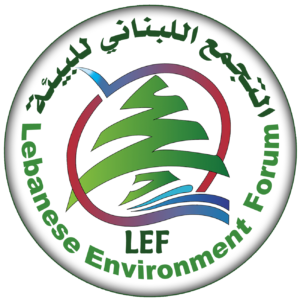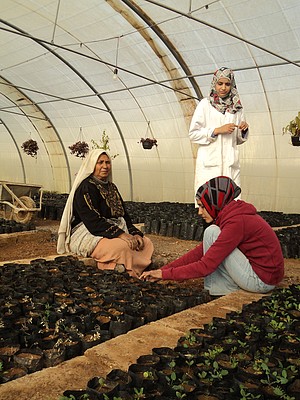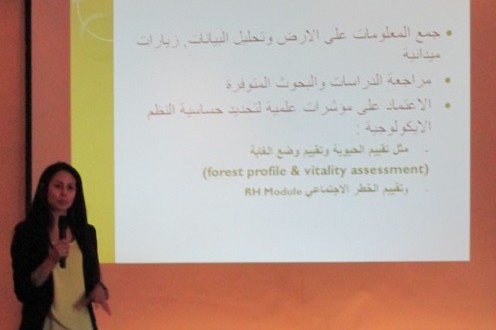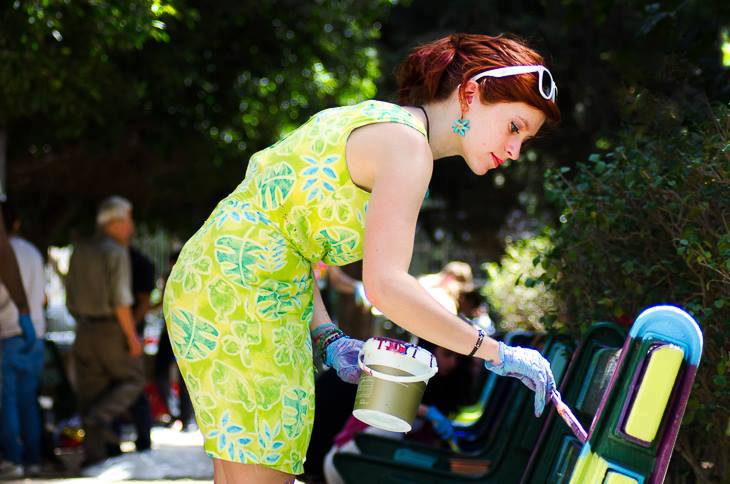SPNL recently participated in a regional reflection workshop, held in Morocco, regarding the “Social, Ecological and Agricultural Resilience in the face of climate change in the Mediterranean Region (SEARCH) Project”. The project which is funded by the European Union, and coordinated by the IUCN, included participants from Lebanon (SPNL and Mada), Jordan, Palestine, Egypt, and Morocco, in addition to a regional support group from Switzerland.
Results on the vulnerability assessments in each country were presented, along with the overall achievements met so far, and their evaluation. The workshop set the ground for future plans which will ultimately aim at producing a resilience framework by the month of June 2013, and a pilot project in each country. The pilot project in Lebanon will be held in the villages of Aaydamoun and Karm Chbat in Hima Upper Akkar. Moreover, a methodology was set for producing a toolkit to be used in any future project related to the resilience against climate change.
The Social, Ecological and Agricultural Resilience in the Face of Climate Change (SEARCH) project aims to develop and pilot a resilience framework in the beneficiary countries to help them to adapt to climate change. Resilience is understood as the capacity to cope, address and overcome adverse impacts from external factors, including climate change. The resilience of ecosystems underpins the resilience of people. Likewise, building community resilience through innovative action in water management and other types of natural resource management can strengthen the intrinsic resilience of ecosystems.
The project demonstrates how local communities can successfully engage with and overcome the negative impacts of climate change. Instead of looking for solutions to specific environmental problems, SEARCH concentrates on giving the local community and other stakeholders the skills and knowledge they need to assess the impact of climate change on a day-to-day basis. It also helps them increase their resilience towards climate change.
The project brings stakeholders from all backgrounds together into roundtable discussions in order to achieve a complete participatory approach and raise awareness, from the end user up to the ministry level.
Implementation is piloted in demonstration sites to enable joint learning with stakeholders, through local action planning and testing of interventions designed to increase climate change resilience.
Source SPNL, www.enpi-info.eu




